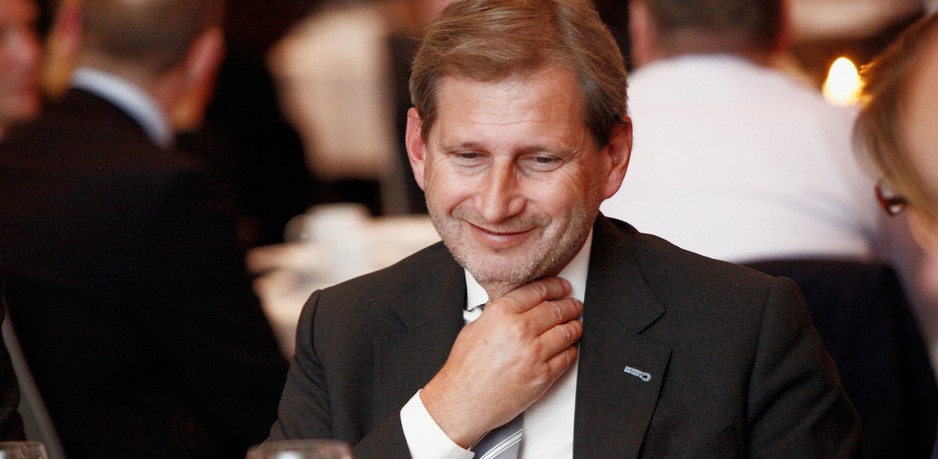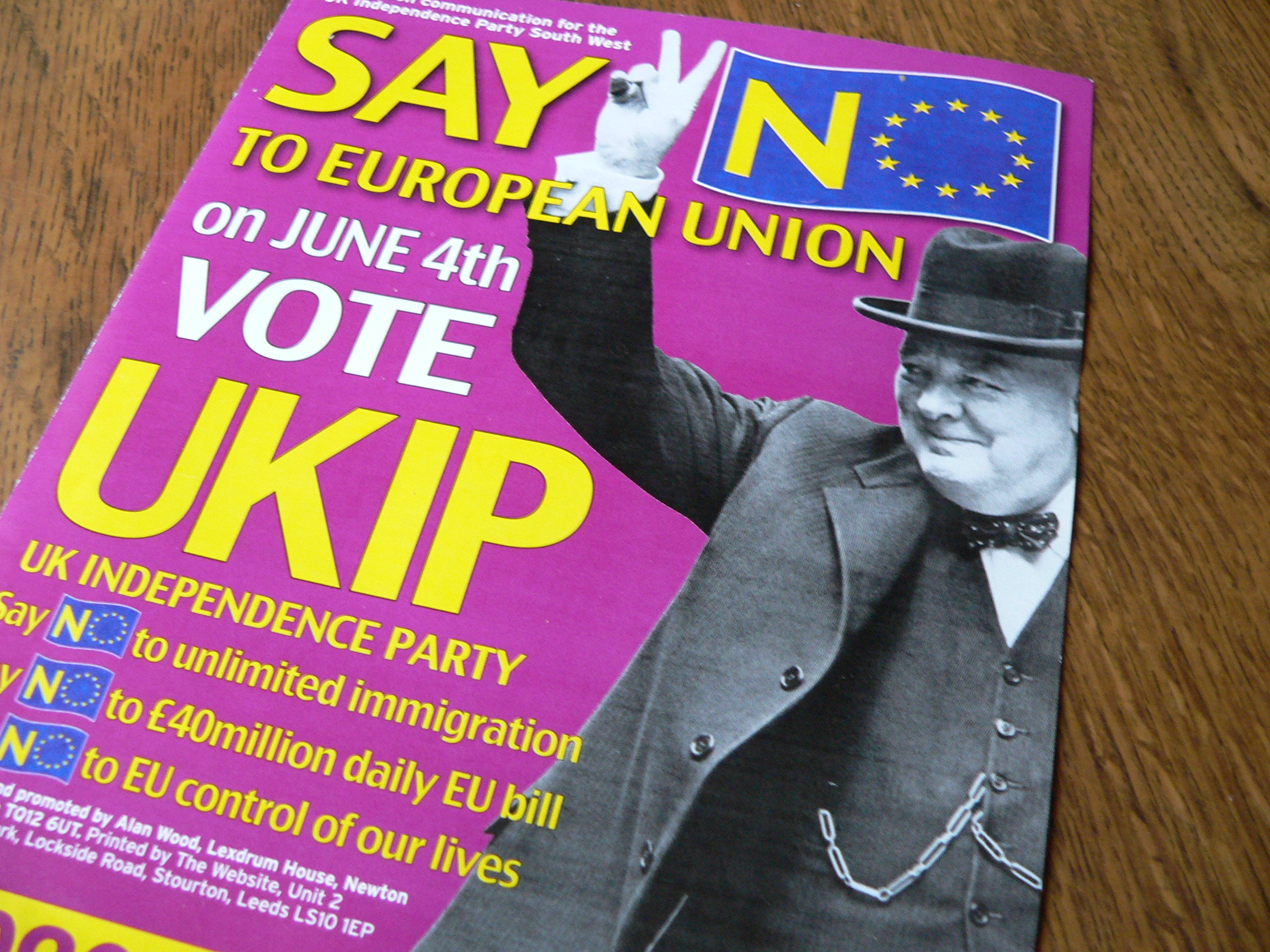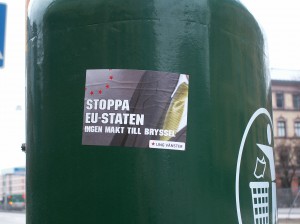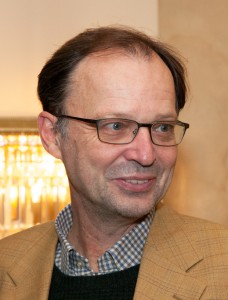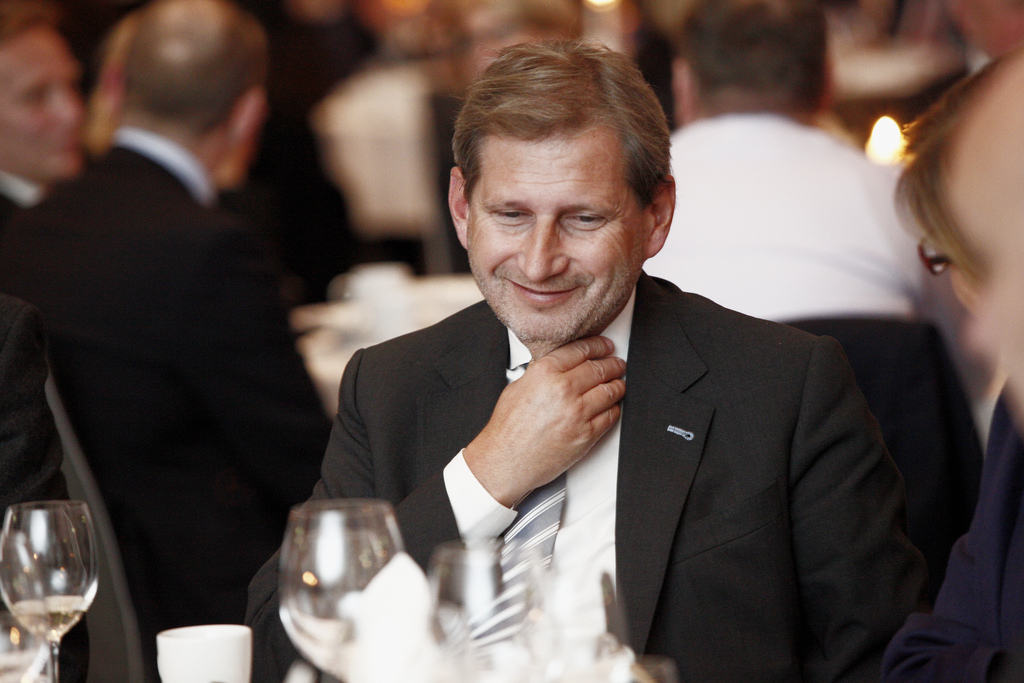
The planned ring of friends around the European Union has turned into a zone of chaos and uncertainty. In the new European Commission, policies for enlargement and neighbourhood policies fall under Austrian Commissioner Johannes Hahn. He faces an uphill struggle. Bereft of convincing incentives, Europe’s unique ‘neighbourhood policy’ can no longer promote its noble goals. Instead it produces the opposite: disillusionment within the EU, and disdain in neighbouring regions and in the power centres that stand behind them, whether they are in the Kremlin or somewhere in the Middle East.
Most of the controlling forces behind Europe’s neighbours no longer believe in benevolent integration and transformation. The EU has to deal with a wide and difficult world that encompasses the problems of Sahel, Russia and the Caucasus, piracy and terror in eastern Africa and even the kidnapping of Europeans in southeast Asia. The bitter truth is that, 100 years after the first world war, Europe is no longer exporting stability around the globe. For the first time, it is importing instability, through terrorism, illegal migration, cyber-crime and other forms of destabilising activity on and across its borders.
As Commissioner Hahn knows from his own country’s history, the EU can offer only one real incentive towards those it tries to link to its values and interests: EU membership. Yet any further enlargement is off the table at least until 2019. This is bad news for Serbia, Montenegro, Macedonia, Albania, Bosnia-Herzegovina, Kosovo and, of course, Turkey.
The EU’s neighbourhood policy is falling a long way short of its aim of extending European values and instruments and helping develop a common market. The policy, in effect since 2004, involves a large budget, with €15.4bn due to be spent between this year and 2020. The Treaty of Lisbon gives the neighbourhood policy quasi-constitutional status. The policy has met some success in a technocratic sense since 2004. But this year the environment has suddenly turned darker.
Neighbourhood policy, by definition, is a paternalistic concept. Its objectives cannot be fulfilled in the climate of revolutionary turmoil to the south and east of the EU’s borders. The neighbours are no longer consumers of European ideas; instead, they are agents of change in their own right. Ukraine may be drawn toward the EU more than any other place in the east; Tunisia may be more promising than any other southern state. But even these two countries, no matter how hard they try to keep to the neighbourhood policy precepts, know they will not receive the prize of EU membership as a reward for their achievements.
Their struggle shows that Europe should proceed on a case by case basis rather than directing well-intentioned but ultimately useless policies towards diverse neighbouring countries grouped into irrelevant categories. The EU needs appropriate tools for specific countries in improving standards in areas like health, tax and anti-trust regulations. These should be integrated into general EU work.
The new Commissioner for Enlargement and Neighbourhood Policies should reset his priorities by striving to eliminate his own job. The aim should be to complete EU Balkan enlargement as soon as possible. The Commission should then consign into oblivion a portfolio that has become a testament to the EU’s shattered illusions.
About the author:
 Ludger Kühnhardt, member of the OMFIF Advisory Board, is Director at the Center for European Integration Studies, Bonn University. He is author of European Union – The Second Founding and editor of Crises in European Integration. This article was originally published by OMFIF.
Ludger Kühnhardt, member of the OMFIF Advisory Board, is Director at the Center for European Integration Studies, Bonn University. He is author of European Union – The Second Founding and editor of Crises in European Integration. This article was originally published by OMFIF.

